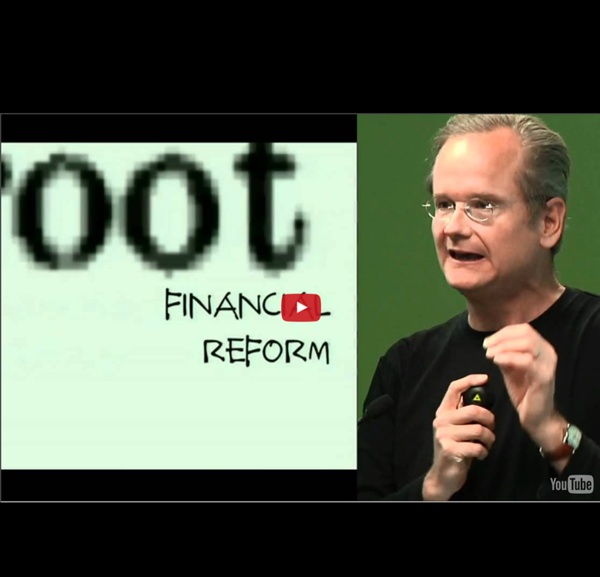



Occupy Wall Street's Battle Against American-Style Authoritarianism The Occupy Wall Street movement is raising new questions about an emerging form of authoritarianism in the United States, one that threatens the collective survival of vast numbers of people, not through overt physical injury or worse, but through an aggressive assault on social provisions that millions of Americans depend on. For those pondering the meaning of the pedagogical and political challenges being addressed by the protesters, it might be wise to revisit a classic essay by German sociologist and philosopher Theodor Adorno titled "Education After Auschwitz," in which he tries to grapple with the relationship between education and morality in light of the horrors perpetrated in the name of authoritarianism and its industrialization of death.[1] To see other articles by Henry A. Giroux visit The Public Intellectual Project. Democracy is always an unfinished project. 1. 2. 3. 4. 5. 6. 7.
Powell Memo « The People's Book Project Class War and the College Crisis: The “Crisis of Democracy” and the Attack on Education The following is the first part of a series of articles, “Class War and the College Crisis.” By: Andrew Gavin Marshall Today, we are witnessing an emerging massive global revolt, led primarily be the educated and unemployed youth of the world, against the institutionalized and established powers which seek to deprive them of a future worth living. All around the world, increasingly, the youth are taking to the streets, protesting, agitating, and striking against the abuses of power, the failures of government, the excesses of greed, plundering and poverty. The “Crisis of Democracy” For the general population, these movements were an enlightening, civilizing, and hopeful phase in our modern history. The Trilateral Commission later explained its views of the “threat” to democracy and thus, the way the system ‘should’ function: The “threat” of educated youth was especially pronounced.